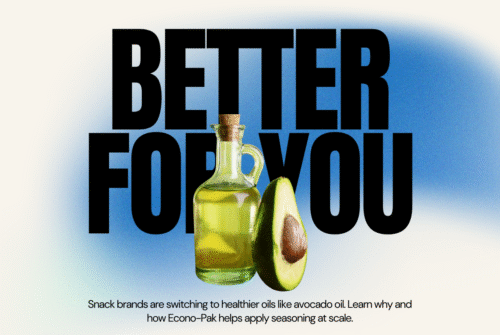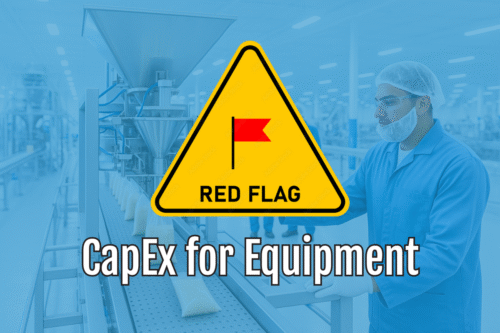For food brands looking to scale into major retailers, securing the right food safety certifications is critical. U.S. regulatory bodies such as the FDA, USDA, and independent certifying organizations require strict documentation to ensure product safety, compliance, and consumer trust. Whether you’re importing ingredients or manufacturing domestically, understanding the certification process can help streamline your path to retail.
At Econo-Pak, we help food brands navigate the complex landscape of food safety compliance, ensuring that every product we package meets regulatory standards. Here’s what food companies need to know when preparing for FDA registration, kosher and halal certification, and USDA organic approval.
Understanding FDA regulations: the first step to compliance
When importing food into the United States, compliance starts with the Foreign Supplier Verification Program (FSVP), a key FDA regulation that holds importers accountable for the safety of their products. If you’re sourcing ingredients internationally, you’ll need:
- A detailed supplier verification process – This includes documentation proving that the facility producing your product meets U.S. food safety standards.
- Proof of manufacturing conditions – The FDA requires transparency about where and how your product was made to prevent food fraud and contamination risks.
- Facility registration – If the supplier’s facility isn’t already FDA-registered, additional steps may be required to ensure compliance.
Because Econo-Pak is an FDA-registered facility, our clients don’t need to register separately to package their products with us. However, they do need to ensure their imported ingredients comply with FSVP guidelines before production begins.
Kosher and halal certifications: ensuring market access
If your product requires kosher or halal certification, working with the right certifying body is key. In the U.S., the most widely recognized kosher certifiers include:
- OU (Orthodox Union)
- OK Kosher
- Kof-K
- Star-K
For halal certification, there are various globally recognized organizations that verify compliance with Islamic dietary laws.
The certification process generally requires:
- Proof of ingredient sourcing – Certifying bodies need documentation proving that ingredients meet kosher or halal requirements.
- Manufacturing facility audits – If the production facility is not already certified, an inspection may be required.
- Ongoing compliance checks – Some certifiers conduct periodic reviews to ensure continued adherence.
Econo-Pak can assist in obtaining kosher and halal certification by connecting brands with certifying bodies and ensuring the proper documentation is in place.
USDA organic certification: what’s required?
For brands seeking USDA Organic approval, the process is different from FDA registration. Organic certification falls under the National Organic Program (NOP) and requires:
- Organic certification from the supplier – If the product is sourced internationally, USDA-approved certifiers must validate that it meets organic standards.
- Detailed ingredient records – The certifying body will assess whether the ingredients and processing methods comply with organic regulations.
- Facility audits – Packaging facilities must also meet organic handling requirements to maintain product integrity.
Because many imported ingredients already have local organic certifications, Econo-Pak helps brands translate those documents into U.S.-compliant certifications by working with recognized USDA certification bodies.
How long does certification take?
The timeline for food safety certifications varies depending on documentation availability. Here’s a general breakdown:
- FDA registration – Immediate for registered facilities; FSVP compliance depends on supplier documentation.
- Kosher/Halal certification – Can take as little as a few days if documentation is in order.
- USDA Organic certification – May take up to two weeks, depending on the supplier’s existing certification status.
For a seamless approval process, food brands should gather all necessary documents from their suppliers before beginning certification. Econo-Pak works closely with clients to identify gaps in compliance and expedite approvals.
Streamlining food safety certification with a trusted partner
Navigating FDA, USDA, kosher, and halal certifications can be complex, but working with an experienced co-packer like Econo-Pak ensures that your product meets all regulatory standards efficiently. Our team is well-versed in documentation requirements, facility audits, and liaising with certification bodies to keep your product on track for retail distribution.
If you’re looking for a dry food co-packing partner that understands the ins and outs of food safety compliance, contact Econo-Pak today to learn how we can help.
Let's start scaling.
Is your demand outpacing your ability to package your own product? Then consider outsourcing with Econo-Pak.
With over 40 years of experience working with both small brands and Fortune 500 companies, we are capable of handling your specific dry food product.
Get in touch with our team for a fixed-price quote for your project.





